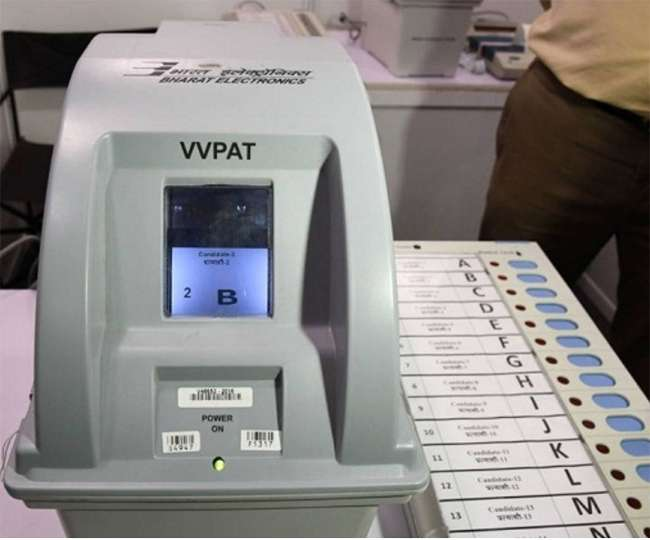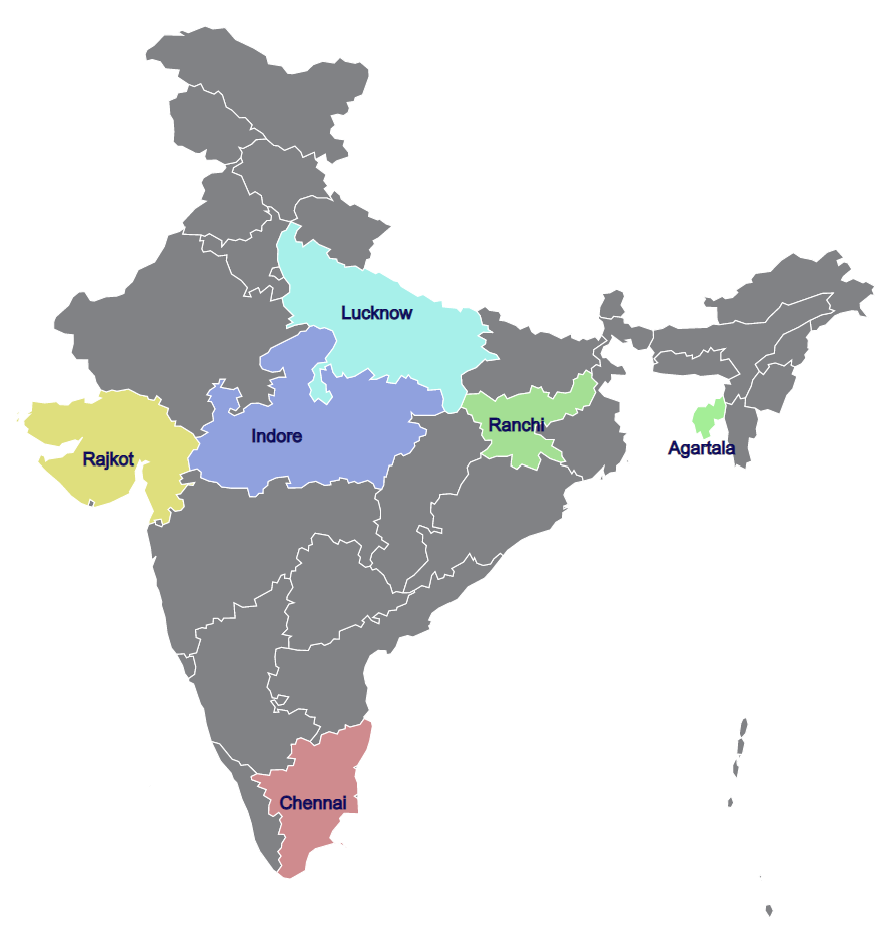
Right to Sit
Subscribers of "Current Affairs" course can Download Daily Current Affairs in PDF/DOC
Subscribe to Never Miss an Important Update! Assured Discounts on New Products!
Must Join PMF IAS Telegram Channel & PMF IAS History Telegram Channel
- Context (TP I TH): A decade after the Right to Sit campaign was launched, and Kerala amended the Kerala Shops and Establishments Act in 2018, several employers still do not abide by the law.
- The TN Government also passed the amended TN Shops and Establishment Act, 1947, making it mandatory to provide seating for salesmen and working staff at Shops, storefronts, etc.
- The struggle for the ‘right to sit’ grew intense in 2012 when a textile unit in Kozhikode (Kerala) cut the salary of a saleswoman who was resting while a group of customers were shopping in the showroom.
- In 2016, the protest gained state-wide worker support and national attention, prompting the NHRC to pressure Kerala’s government for action.
Highlights of Kerala Shops and Establishments Act, 2018
- The Act amended the 1960 Act.
- It mandates that suitable seating arrangements shall be provided for all workers in every shop and establishment.
- An employer can now employ any women worker between 9 p.m. and 6 a.m. only after obtaining the consent of the women worker.
- The employer needs to ensure that an adequate number of women are part of a group working between 9 p.m. and 6 a.m.
- The employer is under an obligation to make a proper arrangement with respect to the prevention of women from sexual harassment and also to provide transport facilities to all such women from the shop or establishment to their house.
Right to Sit
|
Significance of Implementation of ‘Right to Sit’
- Prolonged standing at work has been proven to be associated with numerous health outcomes, such as
- Achilles tendons,
- Restricted blood flow, and
- Varicose veins,
- These health issues directly impact the health of a person, thereby infringing on their right to a healthy life, which is a concomitant of the ‘Right to Life’ under Article 21 of the IC.
Constitutional Provisions
- Article 42 of Part-IV of the IC embodies that the state shall make provisions for securing just and humane conditions for work and maternity relief.
- International Instruments and the law of ‘Right to Health’ under Article 21 make it clear that ‘Right to Sit’ forms an integral form of ‘Right to Life’.
- Article 21 has paved the path for a slew of new rights to emerge including the “right to health.”
- The SC -‘Francis Coralie Mullin vs The Administrator, Union (1981): “any act which damages or injures or interferes with the use of, any limb or faculty of a person, either permanently or even temporarily, would be within the inhibition of Article 21”.
- The SC -‘In CERC vs. Union of India (1995)’: ‘Right To Health’ of a worker is an integral facet of the right to life.
- Article 21 has paved the path for a slew of new rights to emerge including the “right to health.”
|





![PMF IAS Environment for UPSC 2022-23 [paperback] PMF IAS [Nov 30, 2021]…](https://pmfias.b-cdn.net/wp-content/uploads/2024/04/pmfiasenvironmentforupsc2022-23paperbackpmfiasnov302021.jpg)










